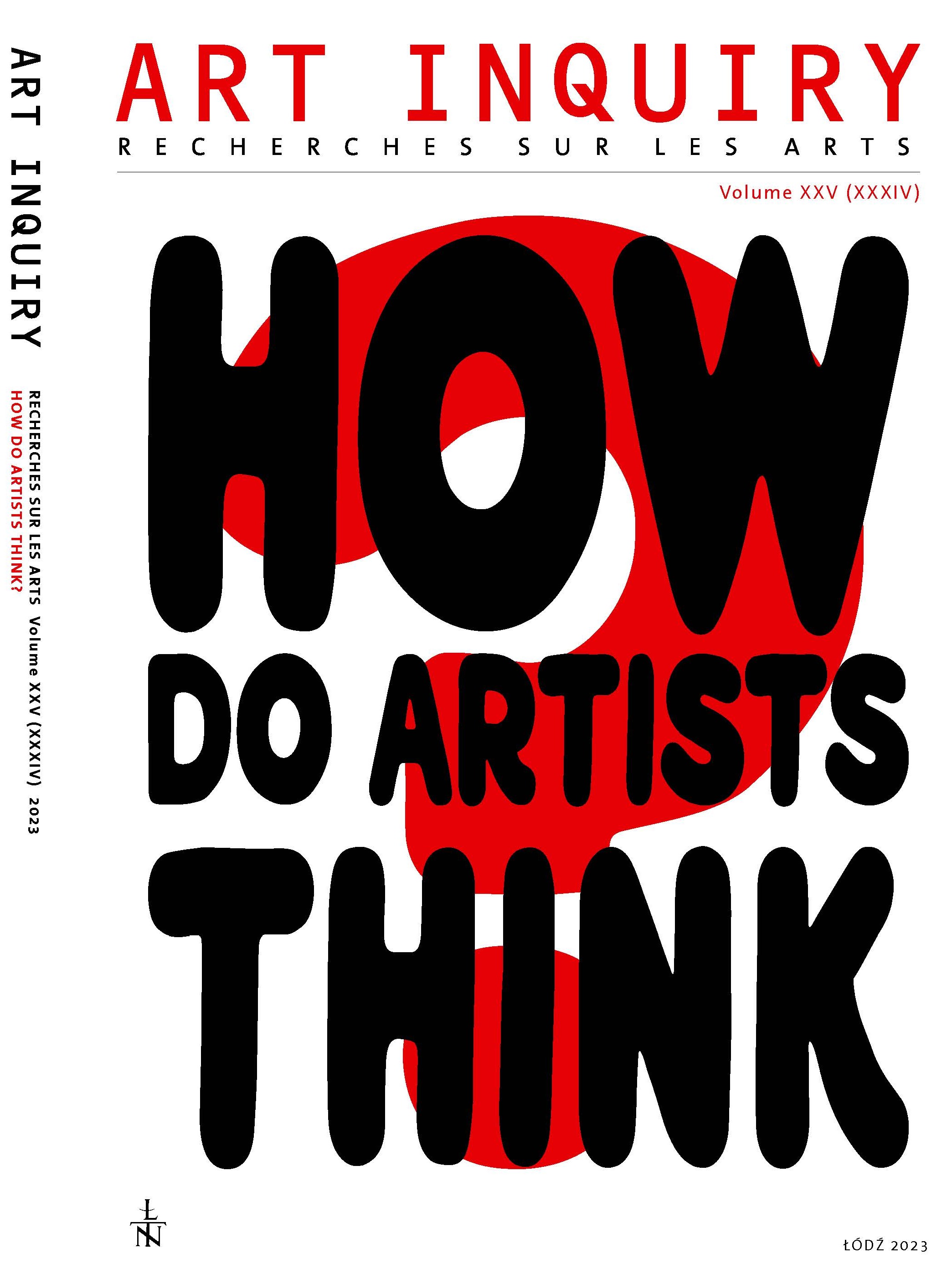To be wise or to think?
DOI:
https://doi.org/10.26485/AI/2023/25/2Keywords:
wisdom, reason, thinking, stupidity, HeideggerAbstract
The purpose of this article is both to try to answer the question: To be wise or to think? and draw the reader's attention to implications regarding wisdom and thinking that can be derived by analyzing the content of M. Heidegger's treatise What Is Called Thinking? Special attention is paid to the thesis he put forward – we do not think yet. In this way, the role of the artist and art in arriving at a definitive answer to the question posed by Heidegger is emphasized.
The conclusions that result from the analyses are additionally illustrated with an example taken from fiction. It serves as an exemplification, so one of the many possible forms of aesthetic thinking inherent in artistic creation is referred to in the considerations, like in the case of Heidegger pointing to poetry.
References
Heidegger Martin (1990) Co znaczy myśleć?, transl. J. Mizera, J. Tischner [in:] ed. Z. Kuderowicz, Filozofia współczesna, T. 1, Warszawa: Wiedza Powszechna, pp. 297-309.
Milne Alan, Alexander (2021), Chatka Puchatka. The House at Pooh Corner (Bilingual version), transl. I. Tuwim, Warszawa: Prószyński i S-ka.
A. A. Milne Alan, Alexander (2003), Kubuś Puchatek. Winnie The Pooh (Bilingual version), transl. I. Tuwim, Warszawa: Prószyński i S-ka.
Ostrowski Andrzej (2023), Sztuka jako źródło myślenia?, [in:] ed. T. Pękala, Myślenie estetyczne, Lublin: Wydawnictwo Uniwersytetu Marii Curie-Skłodowskiej, pp. 79-89.
Platon (1991) Menon, [in:] ibid., Gorgias. Menon, transl. P. Siwek, Warszawa: PWN.
Platon (2002) Teajtet, [in:] Platon, Protagoras. Teajtet, transl. Wł. Witwicki, Kęty: Antyk.
Williams John, Tyerman (1998) Kubuś Puchatek i filozofowie, transl. R. T. Prinke, Poznań: Dom Wydawniczy REBIS.
Woźniak Cezary (2014) Martina Heideggera myślenie sztuki, Kraków: Wydawnictwo Uniwersytetu Jagiellońskiego.
Żelazna Jolanta (1993), Pytanie Heideggera: Co znaczy "myśleć istotnie"?, "Acta Universitatis Nicolai Copernici", Filozofia XIV – Nauki Humanistyczno-Społeczne – vol. 250, pp. 91-112.
Downloads
Published
Issue
Section
License

This work is licensed under a Creative Commons Attribution-NonCommercial-NoDerivatives 4.0 International License.



